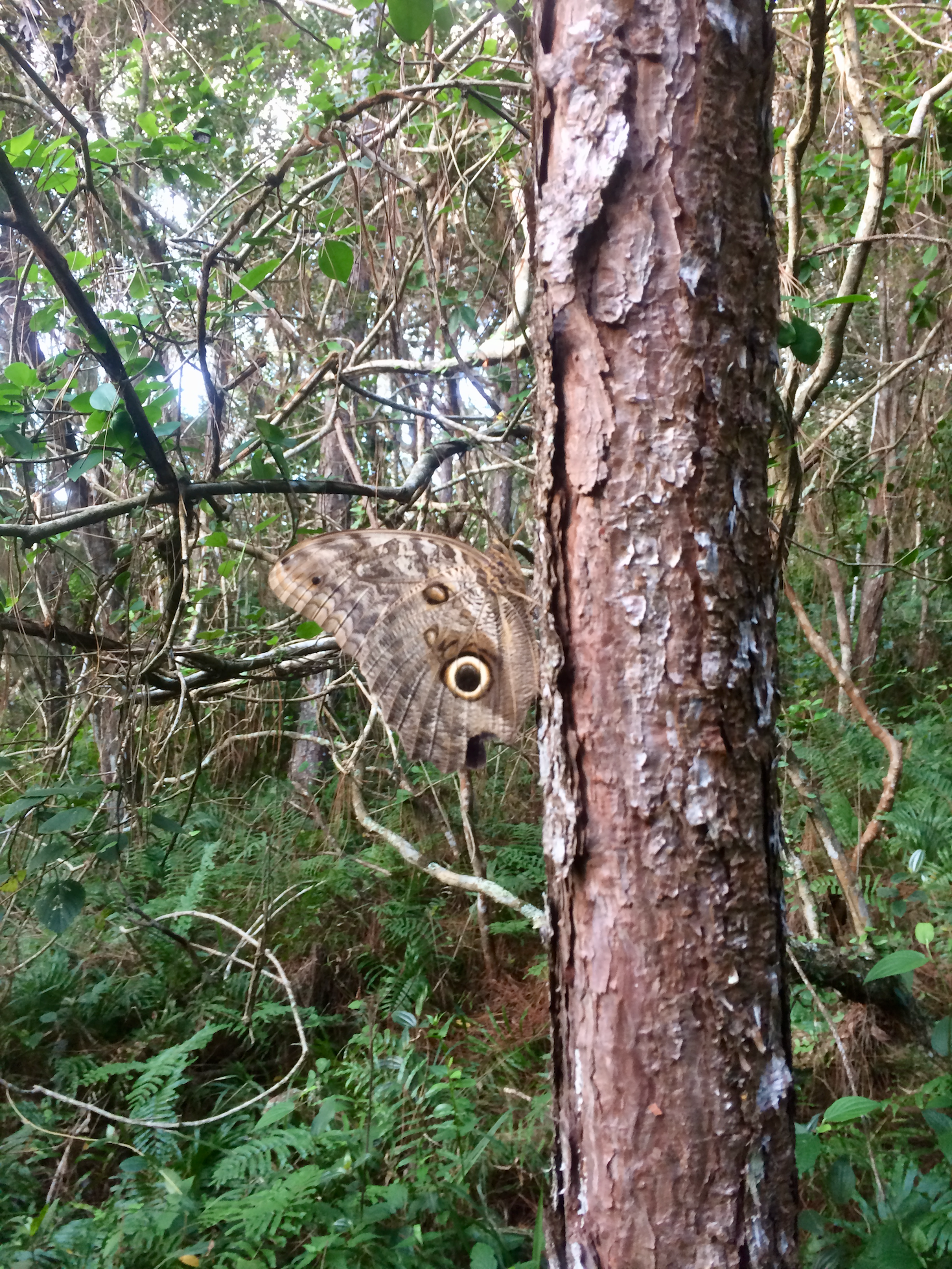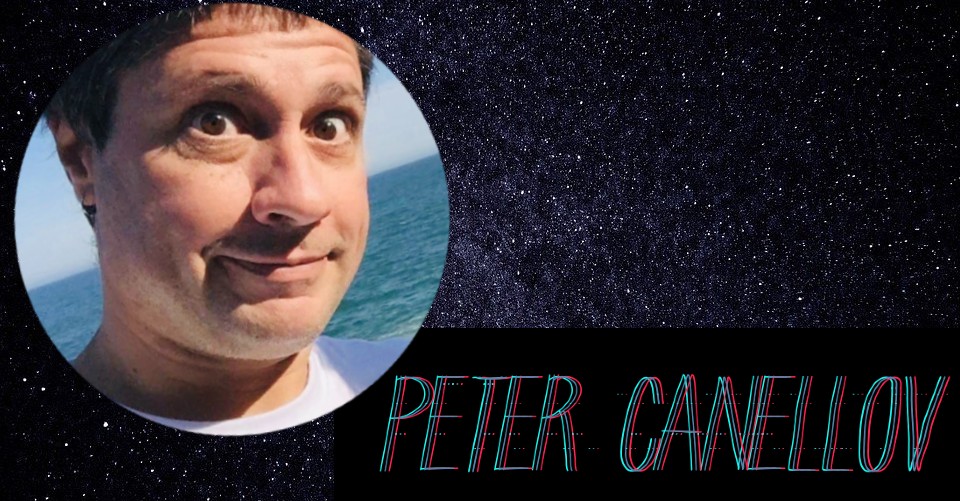The very origin of language needs the distinction between the true and the false; otherwise, how could any word be born if its real meaning could never be fixed?
When pronouncing any word, one could never know which object it was referring to since its meaning, being always false, would never affirm what it intends to name.
The fact is that partial truths are possible; we know this from experience. For example, since time immemorial, humanity has had a high degree of mastery and foresight concerning various phenomena of nature.

The problem begins when we refer to more universal truths.
The enemy school of the Truth is prevalent academically and culturally today. When they do not vehemently deny it, they tend to reduce it, limiting it to specifically defined fields of this or that experimental science. On other occasions, they claim that if Truth exists, it would be beyond our comprehension and a matter of faith.
In our investigation, in addition to attacking the question directly, we will use the method of going back through time to observe and analyze its History (The History of Truth) since the beginnings of Philosophy.
With this task, we intend to demonstrate the existence of the Universal Truth and elucidate how fundamental it is for human achievement, both in the search for knowledge and to reach its most essential possibilities.
To be continued…
Photo: moth on the trunk (with an iPhone 5s by Peter Canellov).

Follow me on Twitter and Instagram
Obrigado por promover a comunidade Hive-BR em suas postagens.
Vamos seguir fortalecendo a Hive
Congratulations @canellov! You have completed the following achievement on the Hive blockchain and have been rewarded with new badge(s):
Your next target is to reach 300 upvotes.
You can view your badges on your board and compare yourself to others in the Ranking
If you no longer want to receive notifications, reply to this comment with the word
STOPCheck out the last post from @hivebuzz:
Support the HiveBuzz project. Vote for our proposal!